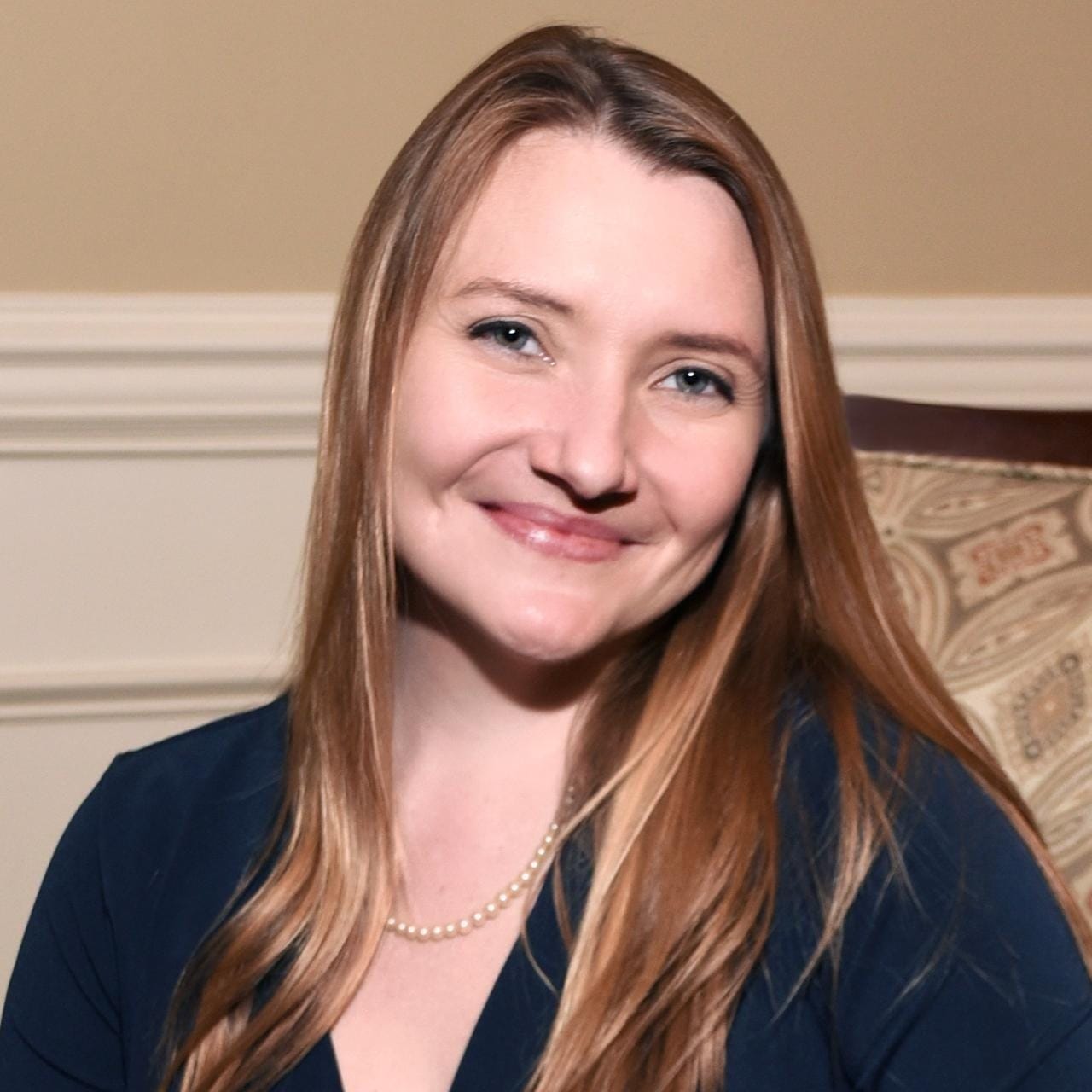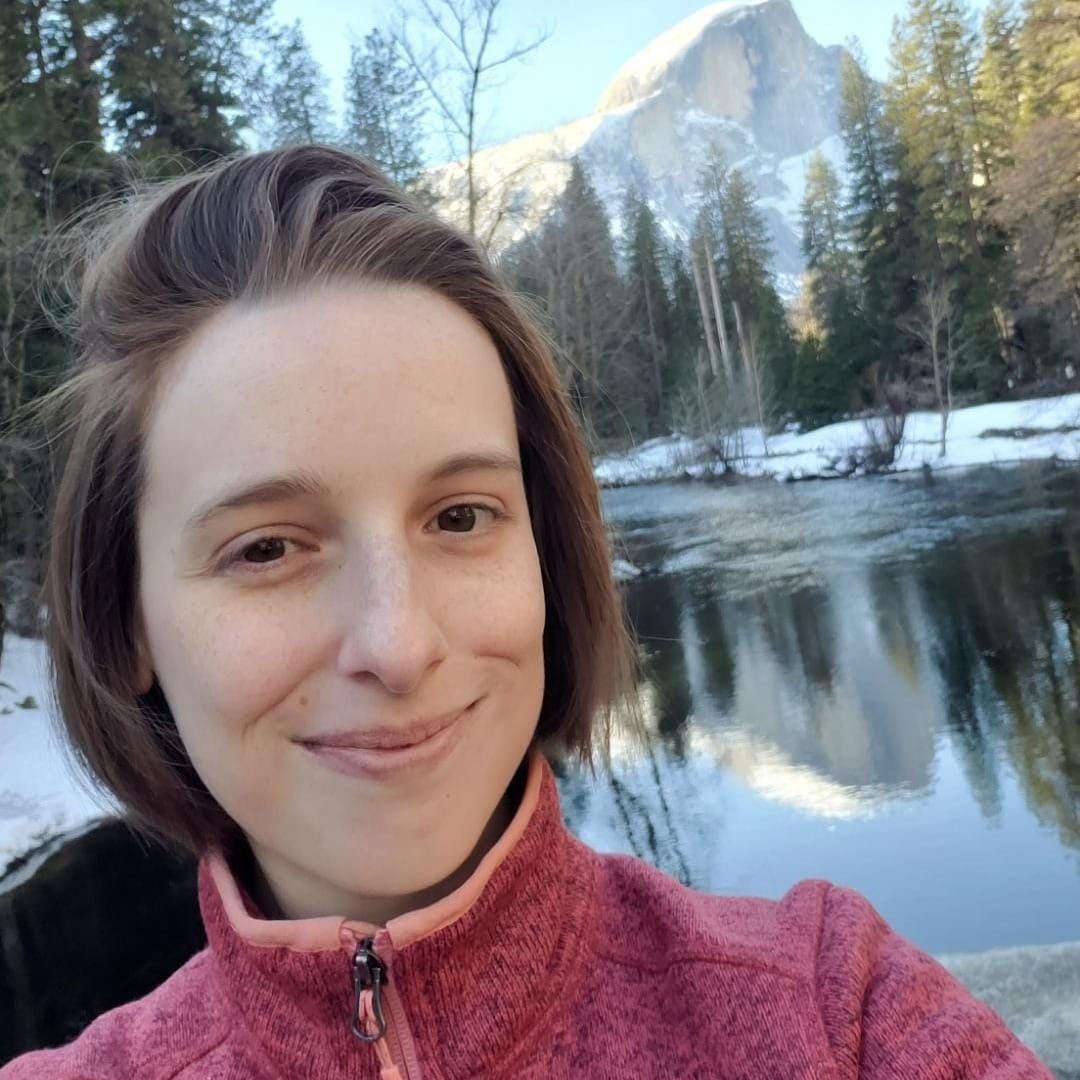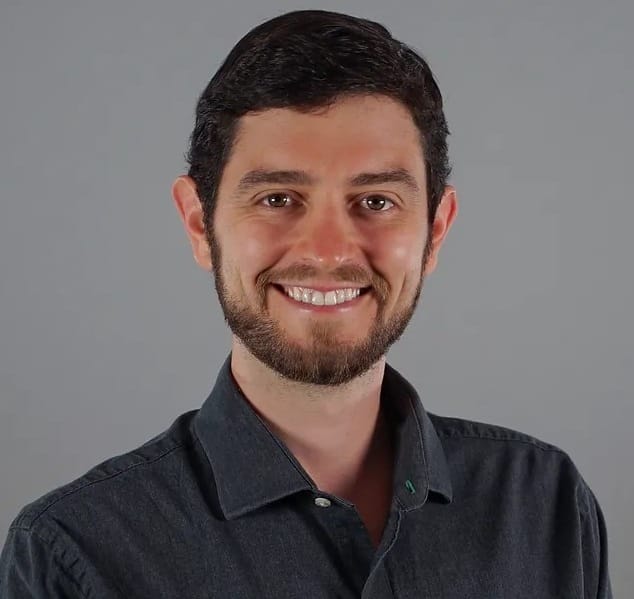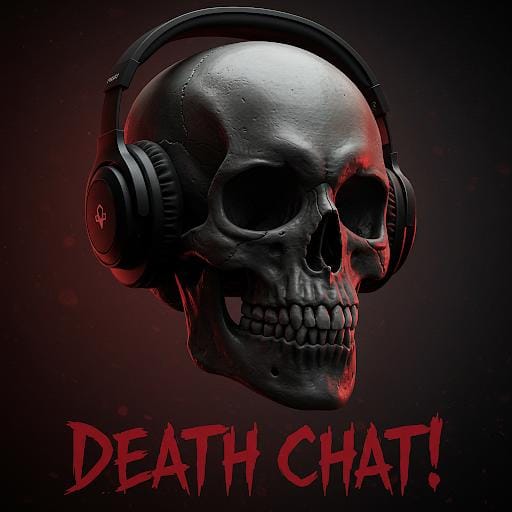Team

Hi, I’m Julia.

I'm Andrea
I’ve dedicated my career to helping people. For the past decade I’ve focused on helping high school students chart their path to college through my work at Signet Education. I love taking a human-centered approach to solving problems, especially when our broader societal structures make this challenging.
I know from personal experience that supporting a loved one through death is isolating and overwhelming. When no one talks about it, it’s hard to feel grounded and confident in any decision you make. And, there are many. I’ve since made it a personal mission to use my experiences to help other people in my life.
Death is a human experience and we must keep our humanity at the center. But, we cannot ignore or deny the system around us. Through Death Culture, my hope is that education is the key to easing the burden on all sides. The more I can help others learn about themselves and the world around them, I hope to create a more humane experience.

